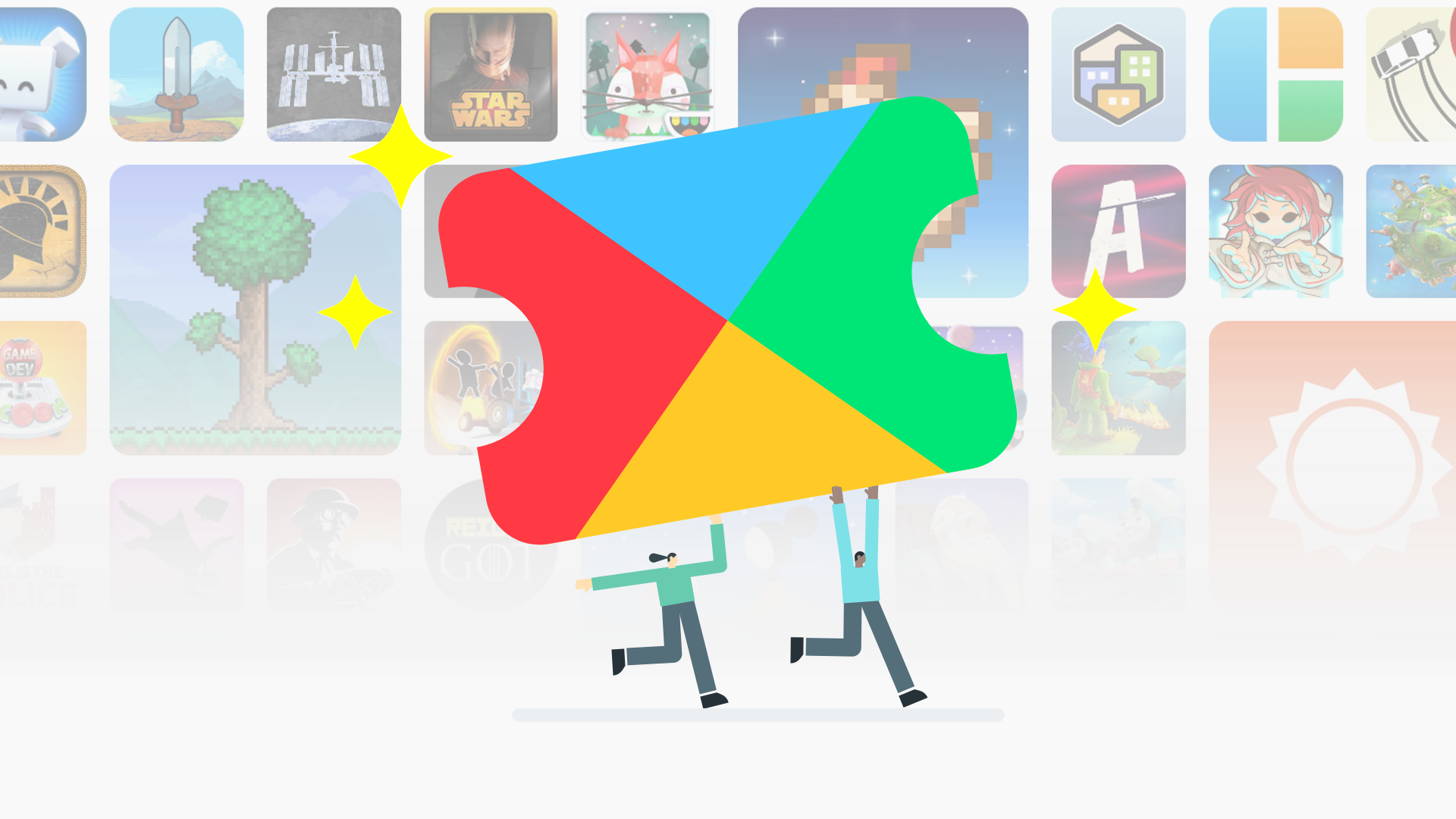The recent Google for Games developer summit update has brought some new features to the Play Store, which focus on four major areas: in-app purchases within the Play Pass subscription service, video ads on the store page, multiple account subscriptions for individual games, and the imminent inclusion of PC games. While Google has framed all these changes as very positive, the majority are blatantly ad-centric. But this isn’t Google’s usual lack of restraint regarding sponsored content; this update zeros in on users with targeted advertisements and promotion of games riddled with in-app purchases. This whole update displays how Google is more dedicated than ever to flooding your phone with ads.

Best Google Play Pass games and apps available in 2024
A Google Play Pass subscription is the best way to avoid advertisements and in-app purchases
New features for Play Pass don’t mean much
Especially when they are designed to mimic in-app purchases
The Play Pass subscription service grants users access to a library of over 1,000 Play Store apps and games, free of annoying ads and scummy in-app purchases. A little mobile app haven for just $4.99 a month, which includes a ton of qualitygames that play well and look great. Updates provide users with additional rewards and discountsfor popular games, which are intended to encourage users to subscribe or stay subscribed.
This all sounds great until you realize that one of the main stated benefits of subscribing to Play Pass is to be free of in-app purchases. Yet Play Pass rewards provide a very similar incentive to in-app purchases, pushing the culture on a user base that specifically signed up to escape it. Those little dopamine hits from small, frequent rewards are the most potent source of this problem, and implementing them in this indirect form serves to get users hooked easier than ever, just in time to play some in-app purchase-riddled games that Play Pass doesn’t cover. Many people refrain from playing games that contain microtransactions because they have problems with self-control, and features like this won’t help with kicking the habit, almost as if the health of its users isn’t Google’s concern.
Recent AdMob tweaks can put ads in the gameplay
Google wants developers to integrate ads into game elements
Developers can now display YouTube footage on the Play Store in place of traditional thumbnails, giving app listings a dynamic pop as you scroll, similar to an advertisement. But ultimately, this is just another visual distraction to an interface that is already cluttered and overpopulated. This update also adds some new features for AdMob, allowing the ad tailoring app to integrate third-party advertisements into a game as playable content, blurring the line between product and ad well beyond anything reasonable. It’s annoying enough to tolerate sponsor banners and video commercials without developers tampering with the actual gameplay to insert ads. This is a worrying direction for ad management on the Play Store to go in, and woe betide any developers that utilize these things in premium apps.

I tested the Google Play Games for PC beta — these are the best titles right now
Mobile gaming comes to PC thanks to Google. Let’s take a look
It’s not all bad news
Multiple account functionality and wider PC support are on the menu
The third and final listed updates concern Google Play Games, an app that provides additional game content for your Android device, including quick game access, achievements, and leaderboards. The listed tweaks sound pretty neat, introducing improved achievements and faster switching between devices. This update gives developers more control over the incorporation of multiple different sign-in options, while nifty, could lead to some problems down the road if push notifications and email ads become more commonplace.
Google is also broadening its library of PC games available for Google Play Games, but the selected examples of the Play Store’s current lineup of quality PC titles are unflatteringly obvious. The given examples: Lineage2M, Odin: Valhalla Rising, Genshin Impact, and Dragonheir: Silent Gods, are all free-to-play games with aggressive in-app monetization, not exactly the best ambassadors. The choice to single out four titles that are all full of micropayments as “Some of the most popular PC games” sets a troubling precedent for what Google Play Games intends for its future ports; does ‘most popular’ translate to ‘makes the most money off a free service’ here? Sure looks like it.
One thing is clear, we can all look forward to more ads on Google’s services
The Google for Games developer summit update highlighted the useful new features it was introducing to Google’s services but heavily downplayed the monetization aspects in a way that made them glaringly obvious. Excessive ads and overexposure to in-app purchases permeate this update, and it ultimately felt like a huge commercial for Google’s favorite revenue sources. Gross.





